Earlier this month, local prosecutors announced the indictment of the Archdiocese of Minneapolis-St. Paul over allegations that its leadership had failed to protect children from predatory priests, particularly Curtis Wehmeyer, whose activities had prompted several warnings to both Archbishop John Nienstedt and auxiliary Bishop Lee Piche. The indictment did not name any individuals, but served as a way to punish the diocese as a whole through fines if prosecutors could prove that the “corporation” committed them. This morning, the Vatican announced that they had accepted the resignations of both Nienstadt and Piche in a move that will shake the local Catholic Church even further:
The embattled archbishop of St. Paul and Minneapolis and a deputy bishop resigned Monday after prosecutors there charged the archdiocese with having failed to protect children from unspeakable harm from a pedophile priest.
The Vatican said Pope Francis accepted the resignations of Archbishop John Nienstedt and Auxiliary Bishop Lee Anthony Piche. They resigned under the code of canon law that allows bishops to resign before they retire because of illness or some other “grave” reason that makes them unfit for office.
Earlier this month, prosecutors charged the Archdiocese of St. Paul and Minneapolis as a corporation of having “turned a blind eye” to repeated reports of inappropriate behavior by a priest who was later convicted of molesting two boys. No individual was named in the complaint.
Their legal problems may not be over yet. The Ramsey County prosecutors who filed the charges against the diocese did not close off the possibility of prosecution of individuals. At the time, lead prosecutor John Choi told the media that they hadn’t yet gathered enough evidence to indict individuals, but the investigation was ongoing. The details in the allegations that emerged at the time certainly angered the Catholic community and the Twin Cities at large:
Prosecutors say church leaders failed to respond to “numerous and repeated reports of troubling conduct” by Wehmeyer from the time he entered seminary until he was removed from the priesthood in 2015. The criminal complaint says many people — including parishioners, fellow priests and parish staff — reported issues with Wehmeyer, and many of those claims were discounted. …
After he was ordained in 2001, the archdiocese received reports that Wehmeyer was often in the boys’ bathroom at St. Joseph’s, that he received a citation for loitering at a park known for male sexual encounters and that he had approached two young looking men for sex at a bookstore in 2004, according to the complaint.
The Rev. Kevin McDonough, the former vicar general, sent Wehmeyer to treatment but limited what parishioners were told, the complaint says. McDonough did not return a message seeking comment from the AP.
In September 2010, one priest told Bishop Lee Piche that Wehmeyer took two boys camping and was found in bed with one of them. The complaint says Piche told authorities he couldn’t remember the report from the priest. …
The archdiocese didn’t report Wehmeyer to authorities until June 2012.
Much of the actions and failures alleged in the complaint took place long after the child-abuse scandal in the Catholic Church emerged, at a time when this archdiocese as well as others insisted that they had learned the lessons and had taken steps to prevent it in the future. Wehmeyer is now serving five years in prison for a 2012 case involving two boys from his parish whom he gave alcohol and marijuana before molesting them, and faces similar charges in Wisconsin. The red flags on Wehmeyer go all the way back to his admission to the seminary in 1997:
When Wehmeyer was admitted to the seminary in 1997, “seminary officials were aware Wehmeyer had a history of abusing alcohol and marijuana, experimented with other drugs, was promiscuous with men and women, was on medication for low-level depression and was in therapy,” the 44-page complaint says.
In 2004, Wehmeyer approached two younger-looking men at a Barnes and Noble in Roseville, seeking to have sex. He was evaluated at a treatment center for troubled priests, and was later put on an archdiocese monitoring program.
But the archdiocese failed to enforce its own restrictions for Wehmeyer, Choi said. He cited a 2010 incident when a priest reported to Auxiliary Bishop Lee Piché that on a camping trip Wehmeyer had slept in the same bed with one of the victims.
Choi said others also contacted church officials about Wehmeyer’s behavior. These facts were “ignored, minimized or not shared,” Choi said. Lack of oversight was not unusual, the complaint said.
This move comes as Pope Francis created a new tribunal at the Vatican to deal more forcefully with the child abuse scandal. The pontiff isn’t biding his time to use other methods to get tough on abuse, either. A papal nuncio (ambassador) had already been under house arrest at the Vatican, and today the Holy See announced that the tribunal would prosecute him for sexual abuse of young boys while assigned to the Dominican Republic:
The Holy See said Monday that Jozef Wesolowski will have his first hearing July 11, the first time such a high-ranking Vatican official will stand trial for sex abuse.
The Holy See recalled Wesolowski in 2013 after rumors surfaced in Santo Domingo that he allegedly paid shoeshine boys to masturbate. Wesolowski has since been defrocked and placed under modified house arrest inside Vatican City pending a decision by the Vatican criminal court on whether to indict him.
That decision came June 6, when the Vatican prosecutor asked the head of the Vatican City State tribunal to indict him — a decision that was announced Monday.
In the Twin Cities, the impact of the two resignations could go in a couple of different directions. The new revelations about the lack of action on Wehmeyer and four other priests named in the indictment angered people all over again. Priests were addressing it during Mass to acknowledge the anger and frustration from parishioners who thought the archdiocese and the Church as a whole had learned their lesson. On the other hand, the staff at the chancery has changed significantly in response to the later scandals, and the new vicar general — a friend of mine — is a no-nonsense priest who takes the job of righting the ship very, very seriously.
The resignations of Nienstedt and Piche may give the archdiocese a chance to truly turn a corner, bolstered by a Pope whose own anger and frustration over the scandals has become very well known. It’s a second chance, and an opportunity to clear the air. There may be more shoes to drop from the prosecutors in this case, but the new archbishop will be on notice to ensure that there will be no repeat — unless he wants to find himself on trial in the Vatican, too.
Update: I’ve corrected the spelling of Nienstedt throughout the post; my apologies for the earlier error. At Crux, John Allen has an insightful analysis of why this isn’t over for Nienstedt, not locally or at the Vatican either:
Is this the end of the punishment road for Finn and Nienstedt, or could further sanctions be lurking?
Traditionally, stepping down as a bishop has been seen as rendering other investigations or disciplinary measures largely moot, since the perceived urgency of the situation generally arose from concerns about whether the prelate was capable of continuing to lead.
In terms of public opinion, the focus typically has been on whether the bishop would lose his job – in part because the Vatican traditionally has been reluctant to see bishops resign under fire, making such cases rare and time-consuming.
Loss of office, however, is not the only penalty available under Church law, either for bishops or other clergy.
The loss of office solves the immediate problem of dysfunction and worse in these cases. It doesn’t necessarily address the need to take action pour encourager les autres. Under Pope Francis, this consideration appears to be gaining more ground. That may end up being one of the lesser worries of bishops in this position when compared to facing potential criminal charges, but Francis is signaling that removal hasn’t been sufficient in the past and won’t be the limit in the future.

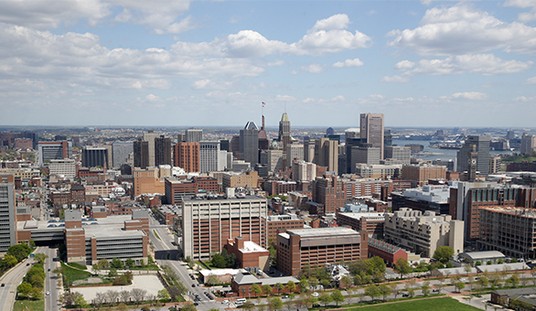
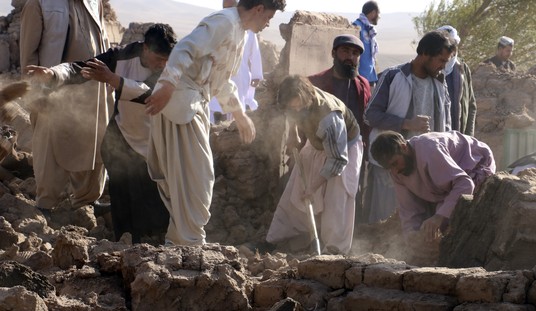
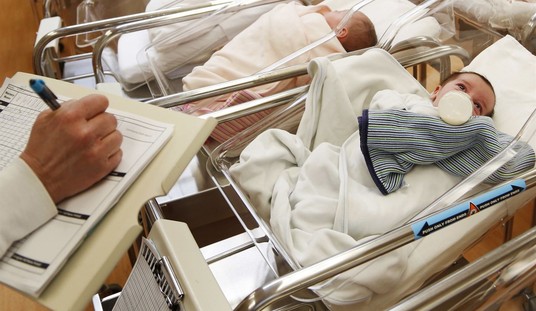
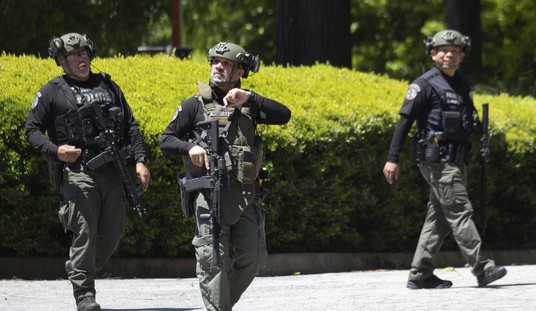
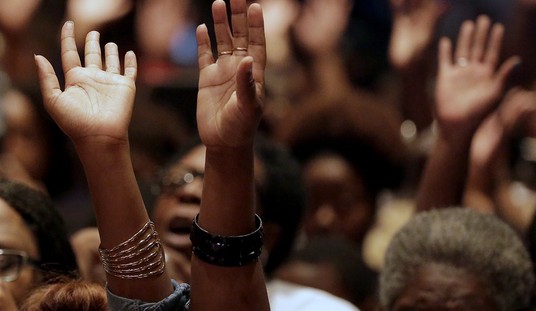

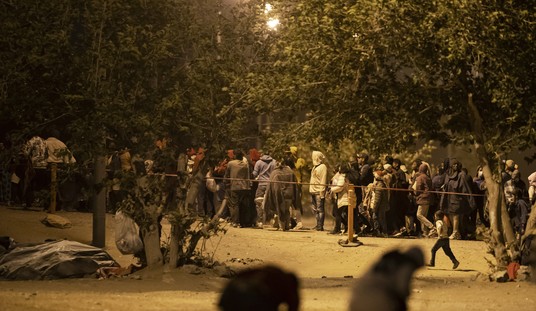
Join the conversation as a VIP Member